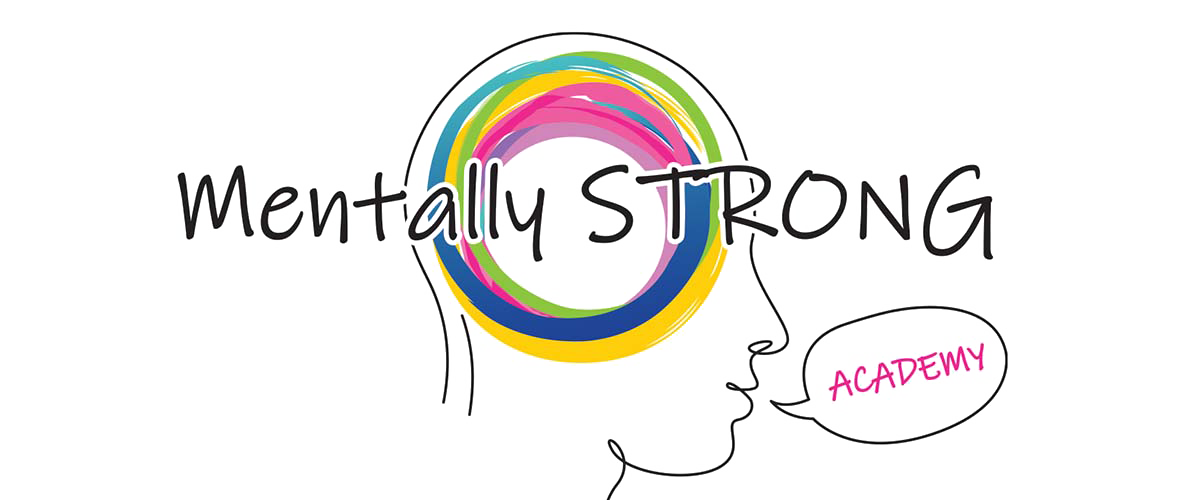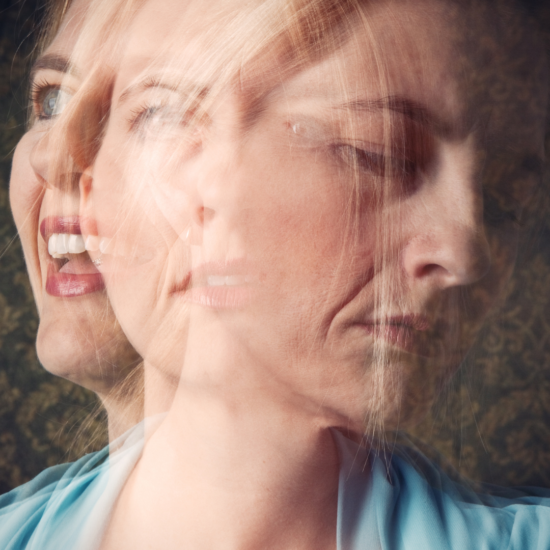Do You Have a Trauma or Stress Related Disorder? | Demystifying the DSM
You might be surprised to learn that over 70% of adults in the United States have experienced a traumatic event at least once in their lives. Unfortunately, many of these people go on to develop a trauma or stress-related disorder, such as post-traumatic stress disorder (PTSD). In this blog post, we’ll look at what exactly a trauma or stress-related disorder is, how it’s diagnosed, and what treatments are available.
What is the DSM?
The DSM is published by the American Psychiatric Association and provides a common language and standard criteria for the classification of mental disorders. It is used by mental health professionals in the United States and worldwide to diagnose and treat mental disorders.
PTSD stands for Post-Traumatic Stress Disorder. It is an anxiety disorder that can develop after exposure to trauma. While it is natural to experience some stress and anxiety after a traumatic event, for some people, these symptoms can persist long after the event has ended. When this happens, it can interfere with your ability to go about your daily life.

What are stress disorders?
Stress disorders are a group of conditions characterized by symptoms that occur after exposure to a stressful event. These events include combat, natural disasters, car accidents, or childhood abuse. Symptoms can include flashbacks, nightmares, anxiety, avoidance of situations that remind you of the event, and more.
What is trauma or stress-related disorder?
A trauma or stress-related disorder is a mental health condition triggered by a traumatic event. A traumatic event can be something majors, such as a car accident, natural disaster, or act of violence. But it can also be minor, like being ridiculed by your peers or going through a difficult breakup. Anything that overwhelms and interprets psychological data that pose a significant threat to your mental well-being can be considered a traumatic event.
Not everyone who experiences a traumatic event will develop a trauma or stress-related disorder. Most people will recover from the experience without any lasting effects. But for some people, the experience is so traumatizing that it causes long-lasting problems. These people may start to avoid anything that reminds them of the event, they may have difficulty sleeping or eating, and they may constantly feel on edge and the verge of panic attacks. If these symptoms last for more than a month, the person has likely developed a trauma or stress-related disorder.
How is it diagnosed?
A diagnosis of trauma or stress-related disorder is made by evaluating the person’s symptoms and ruling out other mental health conditions with similar symptoms. For example, PTSD can be easily confused with anxiety disorders and major depressive disorder. As such, it’s essential to get an accurate diagnosis so that the person can receive appropriate treatment.
What treatments are available?
There are several different types of treatment available for trauma or stress-related disorders. The most common type of treatment is psychological therapy, also known as “talk therapy.” This therapy allows the person to talk about their experiences in a safe and supportive environment. It can help them to make sense of what happened and to develop healthy coping mechanisms. Other types of treatment include medication (for example, antidepressants), eye movement desensitization and reprocessing (EMDR), and exposure therapy.
Treatment for trauma or stress-related disorders can be very effective— but it’s essential to seek help early, so the condition doesn’t become chronic. If you think you might have a trauma or stress-related disorder, don’t hesitate to contact your doctor or mental health professional for an evaluation.
Trauma and stress-related disorders are mental health conditions caused by any type of traumatic experience–major or minor. If you think you might have one of these disorders, it’s essential to seek help early, so the condition doesn’t become chronic. Talk therapy is one effective treatment available for these disorders. So, if you think you might benefit from talking to someone about your experiences, don’t hesitate to reach out to your doctor or mental health professional for an evaluation today.
Mentally STRONG Academy has a mentally strong program; with a unique approach, you will gain more control over the situation and knowledge in handling trauma or stress-related disorder. Mentally STRONG Academy also offers free webinars, YouTube videos, and social media content about the mentally strong method led by Dr. Cristi Bundukamara, Founder and CEO of Mentally STRONG.
Visit our website at mentallystrongacademy.com to start your journey of becoming mentally strong!
You can also follow us on Instagram, Facebook, Twitter, and YouTube.
Remember that there is always a light in your situation. And we believe that you are Mentally STRONG.


